“Future Libraries, Archives, and Museums in Excavation (FLAME)” is licensed under CC BY 4.0
We would like to thank Nicole Kang Ferraiolo, Justin Schell, and Kathlin Smith for their guidance and support in developing the podcast.
Future Libraries, Archives, and Museums in Excavation (FLAME) is a podcast series that explores what much-needed decolonization work in galleries, libraries, archives, and museums (GLAMs) looks like in current times. Our podcast series holds the microphone up to archivists, scholars, and museum staff who represent and/or work with collections pertaining to BIPOC (Black, Indigenous and People of Color) communities.
Thus far, two paths for future excavation have clearly emerged: (1) reinterpreting archival, library, museum content that comes from predominantly white colonial perspectives; and (2) introducing heretofore unknown (to many) BIPOC narratives into the mainstream. Such efforts have already been evolving in local BIPOC libraries, archives, and museums; in neighborhoods; and in tribal communities. Our conversations explore the many ways technology and art can be leveraged to increase access to GLAMs content.
With episodes organized by recurring themes across interviewees, including practical suggestions from scholars and GLAM practitioners, our hope is that this podcast series will offer fresh suggestions for leadership in archives and cultural heritage collections, welcoming more students and communities into GLAM spaces.
FLAME is an open invitation for building a connected, complete, truthful, and therefore different future. Our imagined audiences are located locally and globally given our interests in transatlantic connections and indigeneity. Our guests actively explore networks of language, technology, art, history, and archaeology.
FLAME’s guests are groups of people who are affected by lack of, or restricted access to, archival collections, and we interrogate why this is the case. As a podcast series, FLAME urges more dialogue between institutions and the communities that should have agency and access over the lifetime and future of these collections.
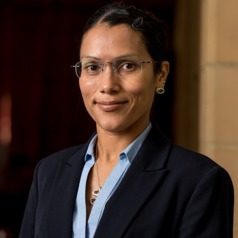
Karina Rodriguez Echavarria obtained her Computer Systems Engineering degree from the ITESM, Mexico in 1999; a PhD at the University of Wolverhampton in the area of knowledge-based engineering in 2005 and an MA in Histories and Cultures at the University of Brighton in 2008.
She led the EPSRC-funded research called Semantic Analysis of 3D content for Digital Repositories which deals with the ongoing challenges created by the rise of big data and the increasing generation of visual digital content, including images and 3D content. The research also investigates the creative re-use of heritage-related visual content by using 3D technologies, including 3D printing.
Currently, she leads various initiatives, collaborations and activities including the Digitisation lab. She is also a member of the Centre for Secure, Intelligent and Usable Systems and full time Principal Lecturer at the School of Computing, Engineering and Mathematics.
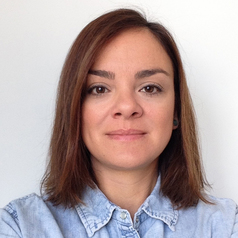
Myrsini Samaroudi holds a degree in History and Archaeology from the Aristotle University of Thessaloniki, Greece and a MSc in Cultural Informatics and Communication from the University of the Aegean, Greece.
She worked as an archaeologist in Greece, as a researcher in academia and as a cultural informatics professional for the implementation of IT in cultural heritage organisations. I have taught courses on museums and cultural heritage management and delivered seminars and talks about the deployment of 3D technologies in heritage documentation and interpretation.
In January 2016, she enrolled on a PhD in collaboration with the Royal Pavilion and Museums, Brighton and Hove. She is currently investigating how digitally fabricated replicas of artefacts can be incorporated in museum experiences for different audience groups.
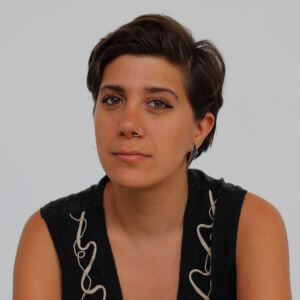
Morehshin Allahyari is an artist, activist, writer, and educator. She was born and raised in Iran and moved to the United States in 2007. Her work deals with the political, social, and cultural contradictions we face every day.
She thinks about technology as a philosophical toolset to reflect on objects and as a poetic means to document our personal and collective lives and struggles in the 21st century. Morehshin is the co-author of The 3D Additivist Cookbook in collaboration with writer/artist Daniel Rourke.
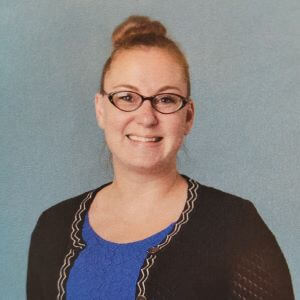
Rebecca Smith is Head of Reader Services and Technical Services, The Historic New Orleans Collection. Rebecca received her MLIS from Louisiana State University in 2005 and since has worked at THNOC since 2006.
She has served as an art and objects cataloguer, reading room manager, and now also manager of the technical services department. She enjoys being involved with many aspects of THNOC’s work, including digitization initiatives and acquisitions, and is especially excited right now to be part of a team implementing a new CMS for THNOC’s extensive holdings.
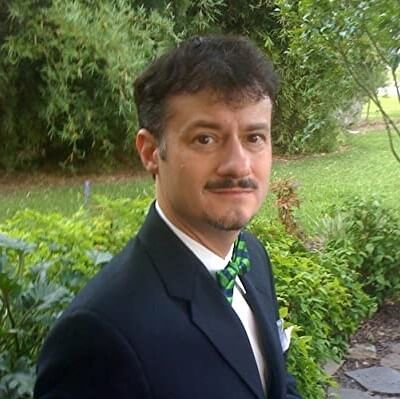
Brian Costello, Genealogist Librarian, Cultural Preservationist, Point Coupee Library [Brian J. Costello – Wikipedia] graduated from False River Academy in New Roads and from Louisiana State University in Baton Rouge, Louisiana, with a major in History and minor in English.
He is one of the few remaining speakers of Louisiana Creole French, having been immersed in childhood in the dialect spoken in Pointe Coupee Parish and is internationally regarded as an advocate of the Louisiana Creole people. In 2009, Costello was named founding historian and archivist of the Historic Materials Collection of the Pointe Coupee Parish Library in New Roads, Louisiana. He is often featured as a consultant and documentary participant in the fields of American and European genealogy, history, culture, linguistics, antiquities and spirituality with local, national and global audiences.

Linguist, Activist, Founder of South Louisiana Kouri Vini Preservation Movement

Christopher Harter, Deputy Director, The Amistad Research Center at Tulane University received his MLIS from Indiana University in 1996 and has worked as a librarian/archivist at the Indiana Historical Society, Indiana University-Bloomington’s Lilly Library, and the University of Illinois.
He is the recipient of research awards from the American Library Association, Indiana University, the University of Wisconsin-Madison, and the University of California-Santa Barbara. His publications have focused on the history of little magazines and small presses, and archival/library outreach to faculty and students. As the Deputy Director at the Amistad Research Center, he assists in collection acquisition and development, the creation and maintenance of strategic partnerships, information technology, staffing, and budgeting. He has served in various capacities at the Amistad Research Center since 2007.
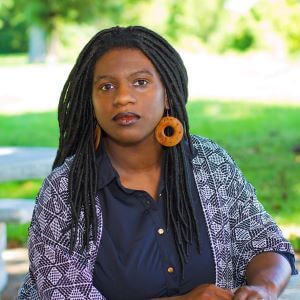
Rodneyna Hart, Division Director, Louisiana State Museum, is responsible for four history museums throughout Louisiana. Rodneyna adds structural support to further the success of each institution through programming, promotion, partnerships, and exhibitions that strategically meet the needs of the communities served.
She worked as exhibitions manager, preparator, and curator for various galleries and museums throughout Louisiana and Co-Curator of the Prospect.3+BR Invitational. Advocating for more inclusive and intersectional cultural spaces, Hart created pop-up art events open to all with an educational component providing resources for emerging artists. Hart reestablished and served as Executive Director for the not-for-profit organization Culture Candy. She received a gubernatorial appointment to the Louisiana State Arts Council in 2017 and served as the Council’s representative on the Folklife Commission for Louisiana. Among other pursuits, Hart is a student of Louisiana State Museum Shreveport working towards a Masters of Business Administration. She has been strategic in the growth of the cultural community as an artist, boards of directors member, and freelance administrative and volunteer work.

Ian Saxine is professor of History at Bridgewater State University. He teaches US History and British Atlantic World History. His research focuses on colonial and Native American history, especially in New England.
His first book, Properties of Empire: Indians, Colonists, and Land Speculators on the New England Frontier, was published NYU Press in 2019. Saxine was the Project Historian for the Eastham 400 program, reexamining the encounter between Wampanoag and Plymouth colonists on Cape Cod in 1620, and hosts the podcast Mainely History [Mainely History (podbean.com)], featuring conversations about Maine and New England in the past, to better understand them in the present.
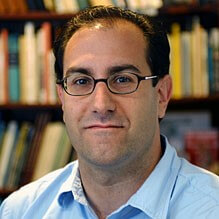
Darren Ranco is professor of Anthropology at the University of Maine and a citizen the Penobscot Nation has a joint appointment in the Department of Anthropology, the Senator George J Mitchell Center for Sustainability Solutions, and in Native American Programs, where he serves as Chair of Native American Programs and Coordinator of Native American Research.
His research focuses on the ways in which indigenous communities in the United States resist environmental destruction by using indigenous diplomacies and critiques of liberalism to protect cultural resources, and how state knowledge systems, rooted in colonial contexts, continue to expose indigenous peoples to an inordinate amount of environmental risk. A member of the Penobscot Nation, he is particularly interested in how better research relationships can be made between universities, Native and non-Native researchers, and indigenous communities.

Aaron Miller, Curator at the Holyoke College Art Museum assists with the general research, interpretation, display, and care of the Mount Holyoke College Art Museum’s collection, with a focus on decorative arts, archaeological artifacts, and other objects of material and visual culture, including the holdings of the Joseph Allen Skinner Museum.
In his role as NAGPRA coordinator, Miller researches materials and consults with Native American, Alaska Native, and Native Hawaiian communities in support of the Museum’s ongoing repatriation efforts. With a background in anthropology and history, he holds a PhD in Historical Archaeology from Memorial University of Newfoundland, Canada.
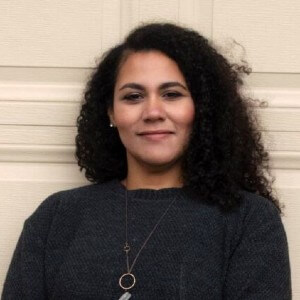
Kimberly Toney is Head of Readers’ Services and Director of Indigenous Initiatives at the American Antiquarian Society located in Worcester MA and a member of the Hassanamisco Band of Nipmuc. She holds a B.A. from the University of Rhode Island and an M.A. from the University of Delaware.
Kim’s current research interests include the recovery of Indigenous culture and language through works printed in dialects of the Algonquian language before 1800. Kim’s online exhibition, From English to Algonquian: Early New England Translations, connects the labor of Native printers and translators back to the story of the earliest days of printing in colonial America. Kim has worked previously at the Center for Historic Architecture and Design at the University of Delaware and at the Newport Historical Society.
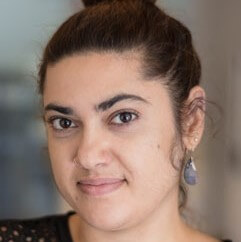
Lydia Curliss, is a PhD student at the iSchool at UMD and citizen of the Nipmuc Nation (Massachusetts). Her research interests include Indigenous knowledge, archival collections, accessibility, ethical care of Indigenous collections, and community based archival and research practices.
She is interested in researching the infrastructures of Tribal community archives, and rematriation of archival collections back to Tribal communities. She has been involved in various projects focused on Indigenous collections, communities, and access, including the Stolen Relations Project at Brown University and Reclaiming Heritage (a project funded by the Omohundro Institute, in conjunction with the American Antiquarian Society). She holds both a MLS and MIS from Indiana University, and a BA in Geology from Oberlin College.
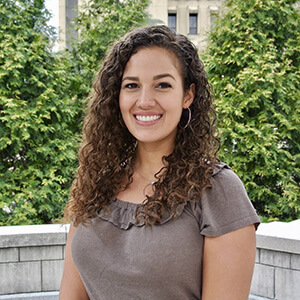
Elizabeth Rule is Assistant Professor of Critical Race Gender and Class Studies at American University. She is an enrolled citizen of the Chickasaw Nation. She has held posts as a Postdoctoral Fellow in American Studies and the Critical Race, Gender, and Culture Studies Collaborative at American University, Visiting Scholar at the Massachusetts Institute of Technology, and Ford Foundation Fellow.
She has received support from Holisso: The Center for the Study of Chickasaw History and Culture, the American Indian College Fund, Native Americans in Philanthropy, and the Andrew W. Mellon Foundation. Rule received her PhD and MA in American Studies from Brown University, and her BA from Yale University.

Stephen Silliman is Professor of Anthropology at the University of Massachusetts, Boston. He received his PhD. from UC-Berkeley with specialties in archaeological theory, historical archaeology, and the archaeology of Native North America. His research focuses on identity, labor, material culture, postcolonialism, and decolonization; collaborative and community-based indigenous archaeology; long-term histories and persistence of Indigenous communities through colonial contexts; and the politics of heritage.
He has studied these issues mainly in New England and on the West Coast with a signature project being his work with the Eastern Pequot Tribal Nation in Connecticut since 2003 on issues relating to historic preservation, archaeological research, and community engagement.
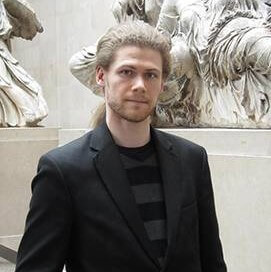
Patrick Rasico is a tenure-track Assistant Professor at Fisk University focusing on the history of modern Britain and empire in India. He received his Ph.D. from the Department of History at Vanderbilt University in 2019. From 2019 to 2021, he was an Andrew W. Mellon Partners for Humanities Education Postdoctoral Fellow at Fisk University.
His research focuses upon the relationships between the processes of empire formation, the production of representations of India by Europeans, and how Britons collected and circulated South Asian artwork and artifacts in South Asia and in London during the latter part of the eighteenth century and early nineteenth century. His book project, Empire of Circulation: Imperial Expansion, Indian Material Culture, and British Imagined Geographies, 1750-1820, examines how the importation of South Asian artworks, antiquities, religious icons, and other items was central to British understandings of the subcontinent and of British national character.
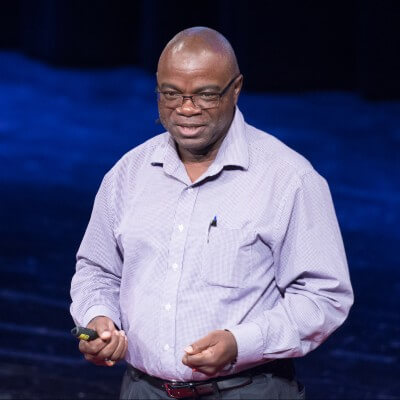
Joseph McGill is historical interpreter and consultant at Magnolia Plantation, Charleston, SC and founder of The Slave Dwelling Project. Previously, as a field officer for the National Trust for Historic Preservation, Mr. McGill worked to revitalize the Sweet Auburn commercial district in Atlanta, Georgia.
He also developed a management plan for the Mississippi Delta National Heritage Area. He is a former executive director of the African American Museum in Cedar Rapids, Iowa, and a former director of history and culture at Penn Center, St. Helena Island, South Carolina. He has also served as a National Park Service park ranger at Fort Sumter National Monument in Charleston.
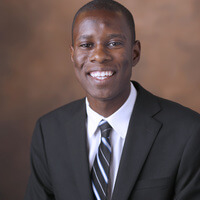
Magana Kabugi is the Mellon Postdoctoral Fellow in the Humanities at Fisk University, having earned his Ph.D. in English from Vanderbilt University in 2020. As an interdisciplinary scholar of higher education, African American literature, politics, and intellectual history, his research focuses on leadership at historically black colleges and universities (HBCUs).
His work has been featured in Diverse Issues in Higher Education, and he has given invited talks at a number of institutions, including Morehouse College and the Virginia Theological Seminary.
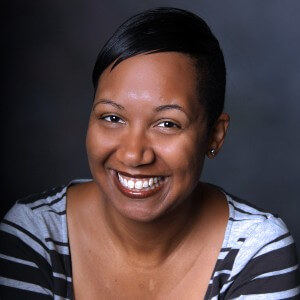
Holly Smith is College Archivist at Spelman College is a graduate of William and Mary College and Yale University, with a background in public history, library science and archives. Before Spelman she worked for five years in special collections at the University of North Carolina, Chapel Hill.
Smith is performing a comprehensive inventory of the archives and is excited about assisting on-campus and off-campus researchers and helping others preserve their documents.
In Season One, we delved into what our guests would like to see altered in their access to, and agency over, BIPOC-relevant GLAM collections and what they think the next steps may be in sustaining contacts with institutions that hold BIPOC content. Season One’s final episode summarizes the suggestions our guests have made to get to a more complete and truthful historical narrative and the roles GLAMs can play in that mission.
Our goal is to continue the podcast series with different hosts and guests, with past FLAME teams providing guidance and documentation for future FLAME teams.
We welcome and encourage your comments. You must create a free account to participate.

CLIR is an independent, nonprofit organization that forges strategies to enhance research, teaching, and learning environments in collaboration with libraries, cultural institutions, and communities of higher learning.
Unless otherwise indicated, content on this site is available for re-use under CC BY 4.0 License